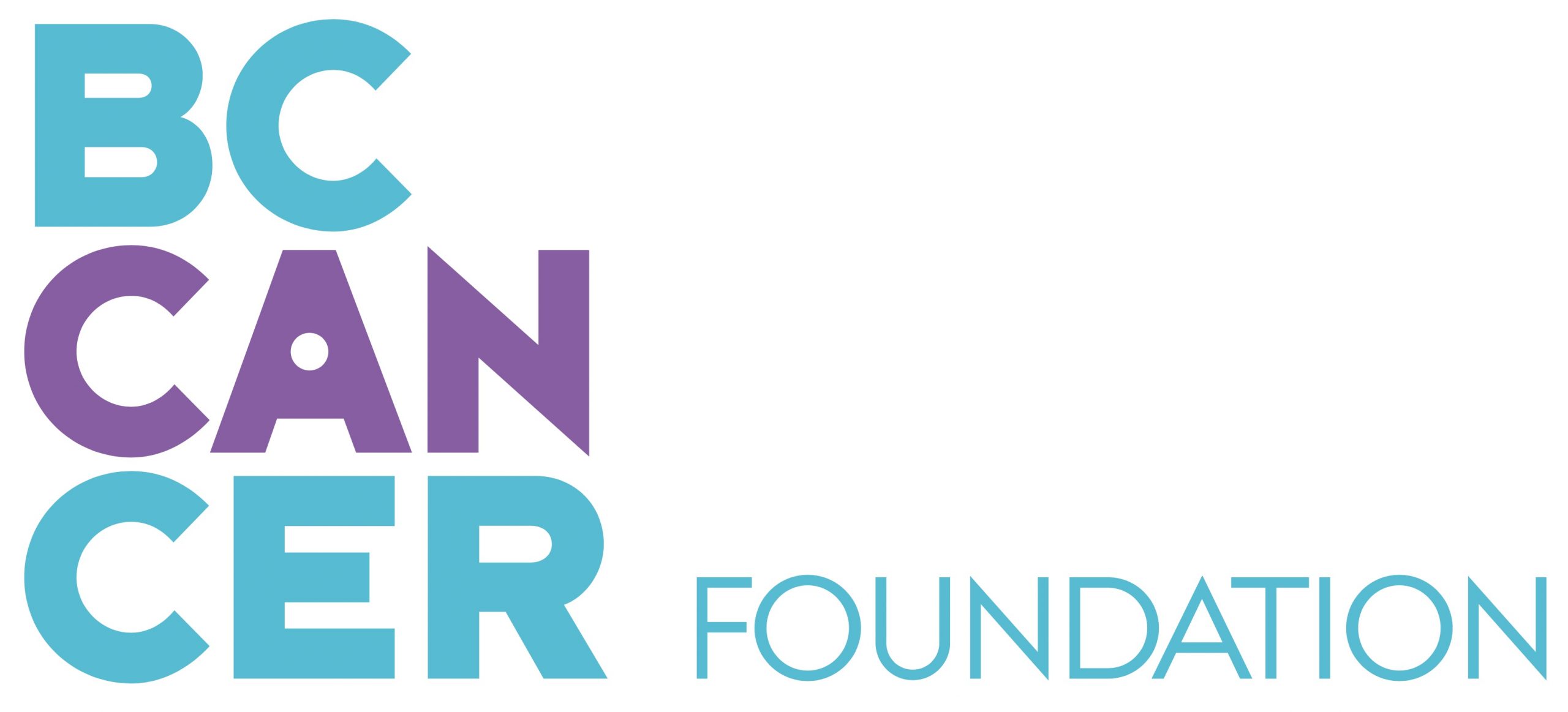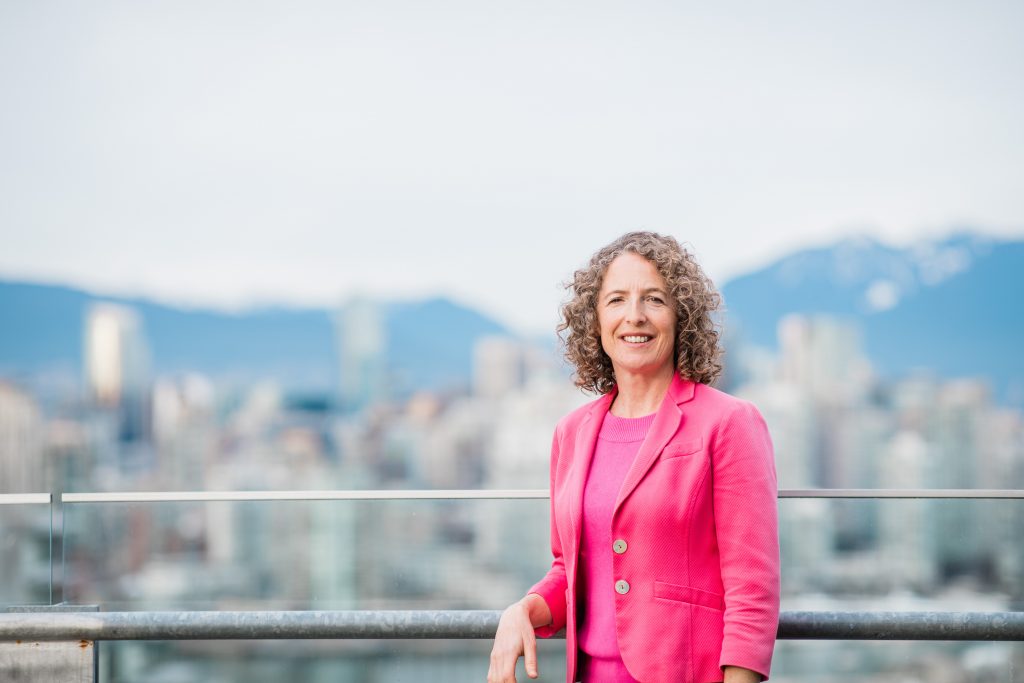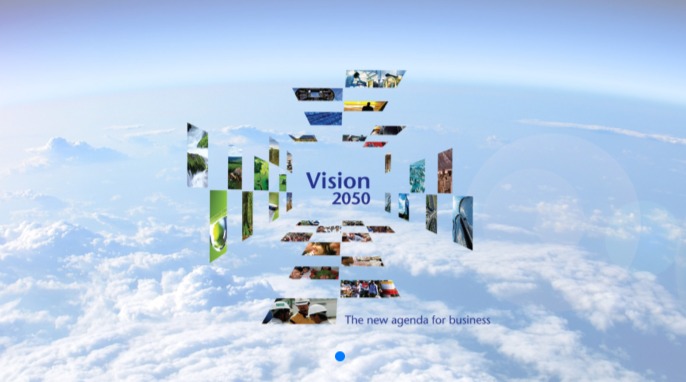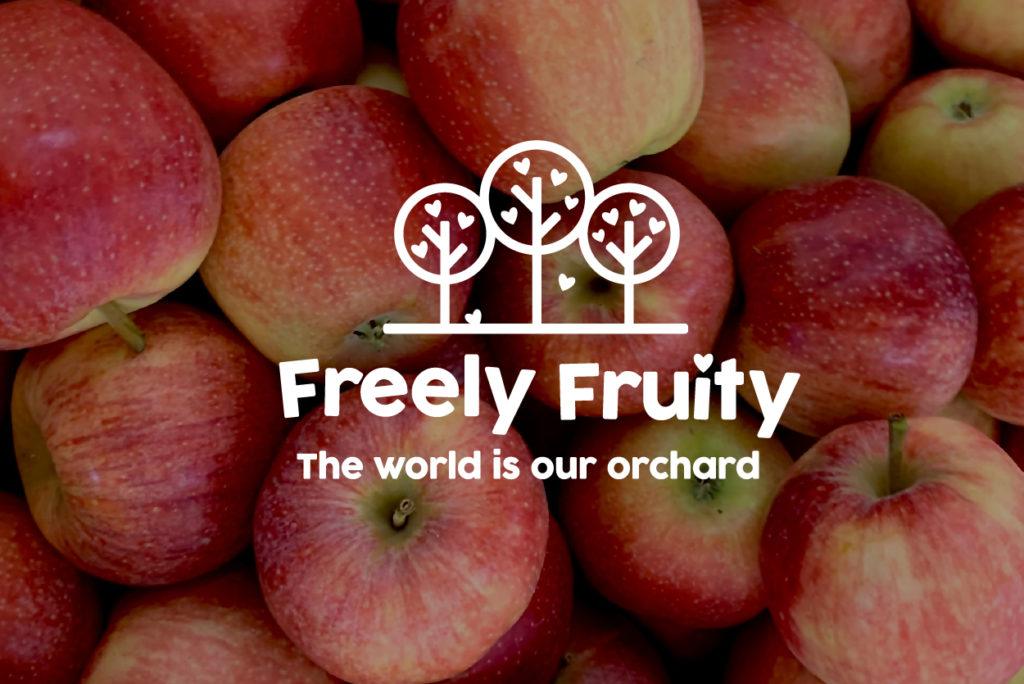Using Events for the Greater Good

As the fundraising partner of BC Cancer, the BC Cancer Foundation works with donors and communities to advance research and innovate care for people. Our man in Canada, Stephen Ing, speaks to Sarah Roth, their President to find out a little bit more about their amazing work.
Stephen: Can you tell me a little bit about the BC Cancer Foundation and what they were set up to do?
Sarah: The BC Cancer Foundation (BCCF) was established in British Columbia, Canada in 1935 as the fundraising partner for BC Cancer. Every dollar we raise advances care across BC Cancer’s six centres and world-class research programs.
Stephen: Can you explain how the Foundation supports cancer care and what makes the work you do so crucial?
Sarah: I’ll share a staggering stat: cancer will touch one in two of us. More than 30,000 British Columbians will be diagnosed with cancer this year. And with an aging population, the numbers will only rise. This will put increasing pressure on our already overburdened health care system. We are fortunate in B.C. – we have world-class, population-based, comprehensive cancer care. However, it is about more than current patient outcomes-it’s about fueling a greater understanding of the biology of cancer. And the Foundation is making sure that our patients get access to cutting-edge treatments and screening programs, as close to home as possible. Innovation, at scale, is critical to our success.
Stephen: What attracted you to this cause?
Sarah: My personal reason for supporting cancer research and care is my Aunt Leesa. My mother’s younger sister is a loving mother and grandmother, and one of my favourite people. I was devastated to learn that she has pancreatic cancer. This has been a personal reminder to me of why it is so important to support progress in science and medicine.
In my role as CEO, I have also had the privilege to get to know our broader cancer community. This community is unique in how they have been able to mobilize — they are large, unified and determined to make a difference. Our donors come to us with their own goals and ideas, based on their lived experiences with cancer. We partner with them and BC Cancer to make it happen. I am inspired every day by the amazing work we are able to do

Stephen: Is there a particular Foundation story that stands out for you?
Sarah: One of our esteemed Medical Oncologists, Dr. Anna Tinker, told me “In the clinic, I’m treating mothers first, followed by their daughters. This must change — I don’t want to be treating granddaughters next. We must do more to prevent ovarian cancer and help women across generations.” More than one in five women diagnosed with ovarian cancer has an inherited BRCA gene or other gene mutation. The current model of testing based on family history is missing more than half of them. A family who experienced ovarian cancer saw this first-hand, and came to us with a mission: how do we put in place a more comprehensive screening program to drive improvements in early detection? With this donor’s support, our world renowned Ovarian Cancer team (OVCARE) and our Hereditary Cancer Program joined forces to launch a new and innovative research program. Our goal is to identify more women at high risk sooner and expedite access to life-saving risk-reducing preventative surgery.
Stephen: What contribution made by the Foundation you are most proud of? Why?
Sarah: A proud moment was when we announced an $18-million donation towards a $30-million particle physics lab. A physics lab! The donation came from a patient who had prostate cancer. He developed a very close relationship with our Foundation, and BC Cancer’s global expert in prostate cancer, Dr. Kim Chi. This is a powerful example of the impact of philanthropy. And it’s an example of how donors are becoming much more invested in the science and innovation of cancer research and treatment.
Stephen: What have you learned from the doctors and scientists at BC Cancer? What is most surprising about their work?
Sarah: I have been with BC Cancer for five years now, and over that time I have seen the science accelerating rapidly. It is truly inspiring. Technology is being used to better understand the biology of cancer. Medicine is becoming more data-driven, the science more granular. Scientists used to talk about cells, now they are analysing at a cellular level. This is a paradigm shift for research, diagnostics and patient care — and will ultimately impact how cancer centres are designed and operated.
Stephen: I’ve heard a lot of inspiring stories from the foundation, is there one that really inspired you?
Sarah: One of the great joys of my job is hearing the many stories about how BC Cancer’s life-saving research has impacted people’s lives. One that immediately comes to mind is Jackie Ellis, who at the age of 39, received a diagnosis of Large B-cell Lymphoma, with multiple tumors located in her chest. Jackie underwent a series of surgeries and CHOP-R chemotherapy treatments, including receiving a drug that was part of a clinical trial at BC Cancer. These treatments, and advanced PET scanning technology, saved Jackie’s life. Jackie recently said, “The connection between surgery, diagnosis, research, and clinical
practice in Vancouver has created a symbiotic relationship that has advanced medical treatments, global research, and ultimately, healing.”
Stephen: What was the biggest challenge the Foundation has faced over the last 12 months?
Sarah: The challenges we have faced over the last 12 months have not been unique to us. We had to pivot very quickly — connecting with donors via Zoom, cancelling in-person events, creating new digital engagement opportunities — and we have actually become stronger as a result. We have been able to challenge “what we’ve always done” and make some tough
decisions. We have focused on connecting with our donors, even if just virtually, and they have stood behind us. I’m proud to say that, despite a challenging year, BCCF was recently named the top charity in B.C. with over $50 million raised.
Stephen: Tell me a little bit about your event this November? How do you plan to build on last year’s success?
Sarah: Last year we had to quickly pivot the planning of our in-person event, so we created a Virtual Gala, which was essentially a broadcast of what we would have hosted in person. While it was successful, this year we knew we needed to innovate and be more creative to keep our donors and supporters interested and engaged. So, we’ve curated a virtual event and rebranded it as “An Evening of Inspiration” to really focus on the world-leading research being undertaken at BC Cancer, and to give our donors the opportunity to connect with our clinicians and scientists.
Stephen: Is there anything about the event that really stands out for you?
Sarah: This year we are very excited for our guests to have the opportunity to engage and interact with each other and with our experts at BC Cancer. This rebrand has also allowed us to connect with our donors in communities all across B.C. Cancer is the greatest health issue in our lifetime, but it is our collective efforts across B.C., Canada and around the world that will evoke change and truly make a difference for cancer patients everywhere.
Stephen: What other events do you have planned that people can get involved with?
Sarah: An event that recently took off for us in the last two years is Workout to Conquer Cancer. It’s a virtual challenge asking people to commit to move every day in the month of May. In this new virtual world many people are looking for a way to connect, give back and stay active, so we’ve seen an increase in participants from B.C., Canada, and all around
the world participate in this virtual event. Registration is open now at workouttoconquercancer.ca
Stephen: What are your hopes for the next 12 months?
Sarah: We have seen the power of community over the past year. Our global science community mobilized to create a vaccine in record time. Our broader community has come together to keep each other safe. I hope that we can continue to rally the global community around fighting our largest health crisis, cancer.


